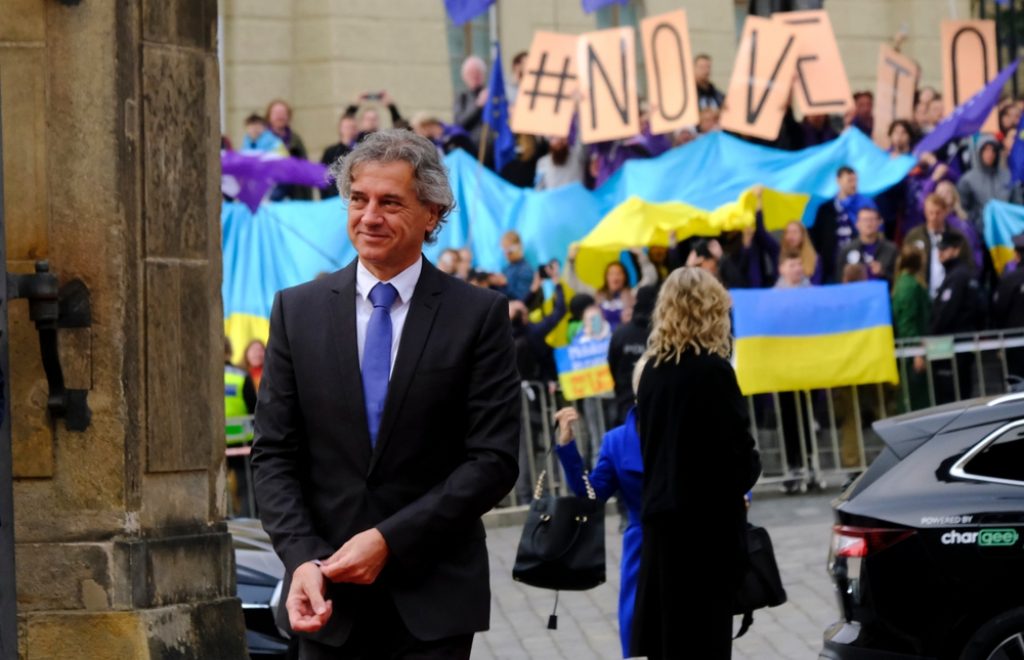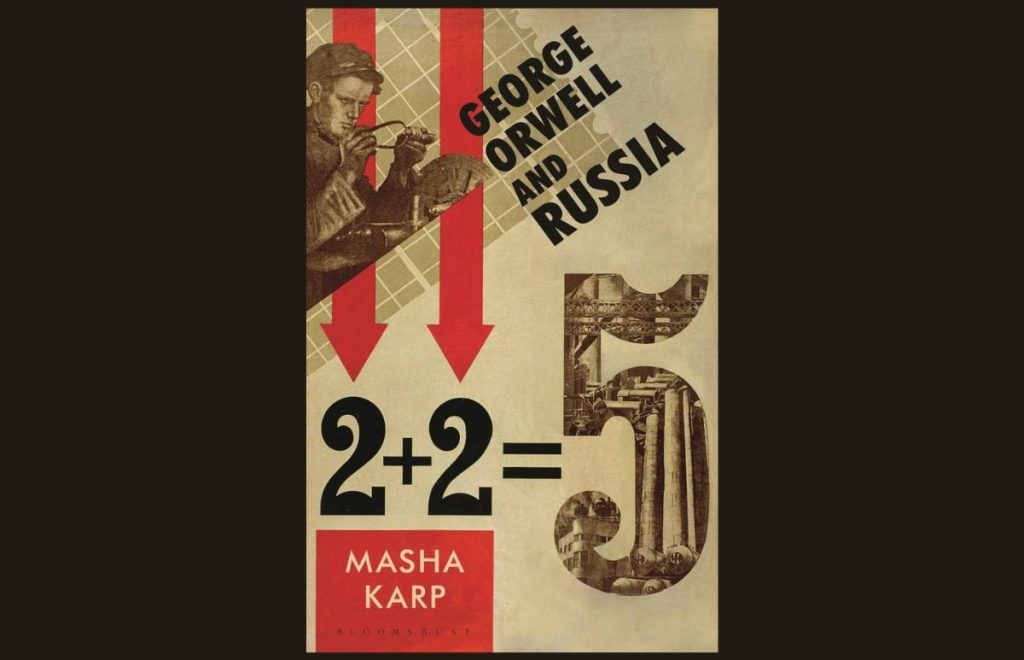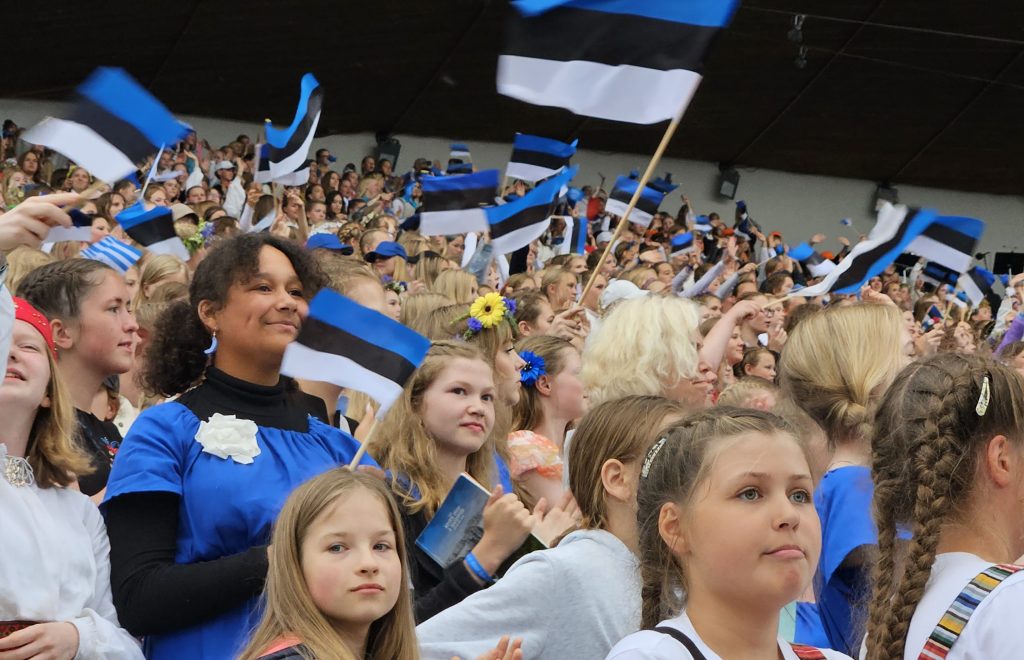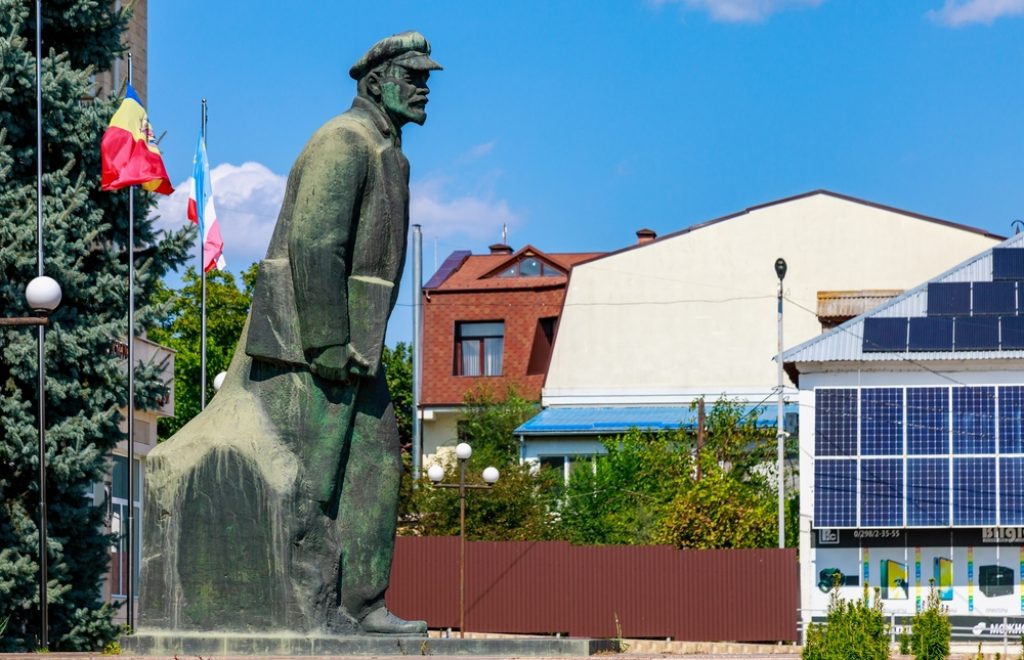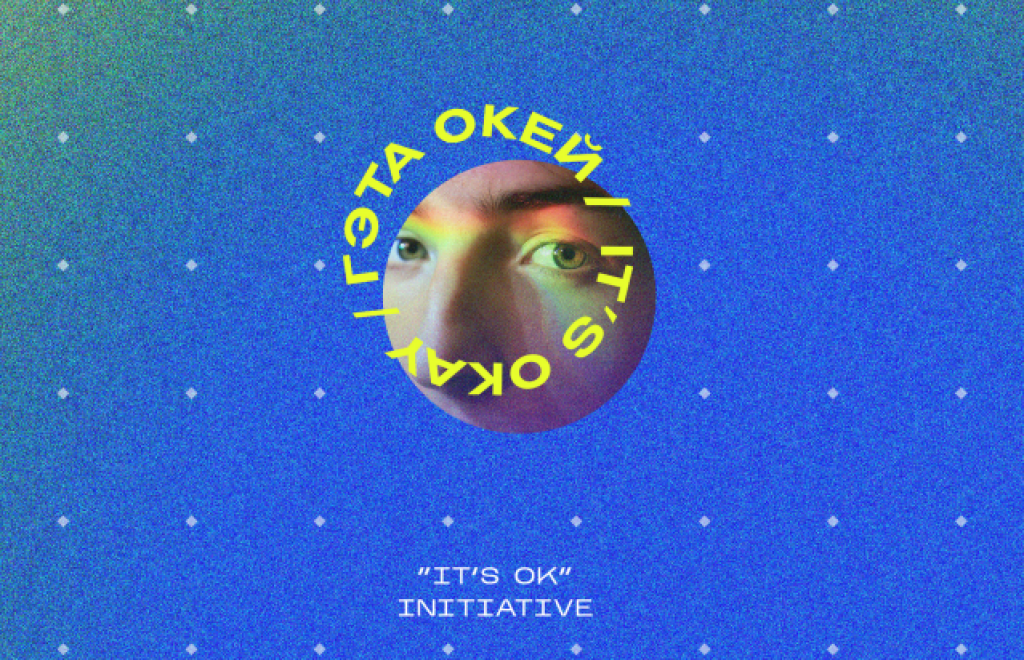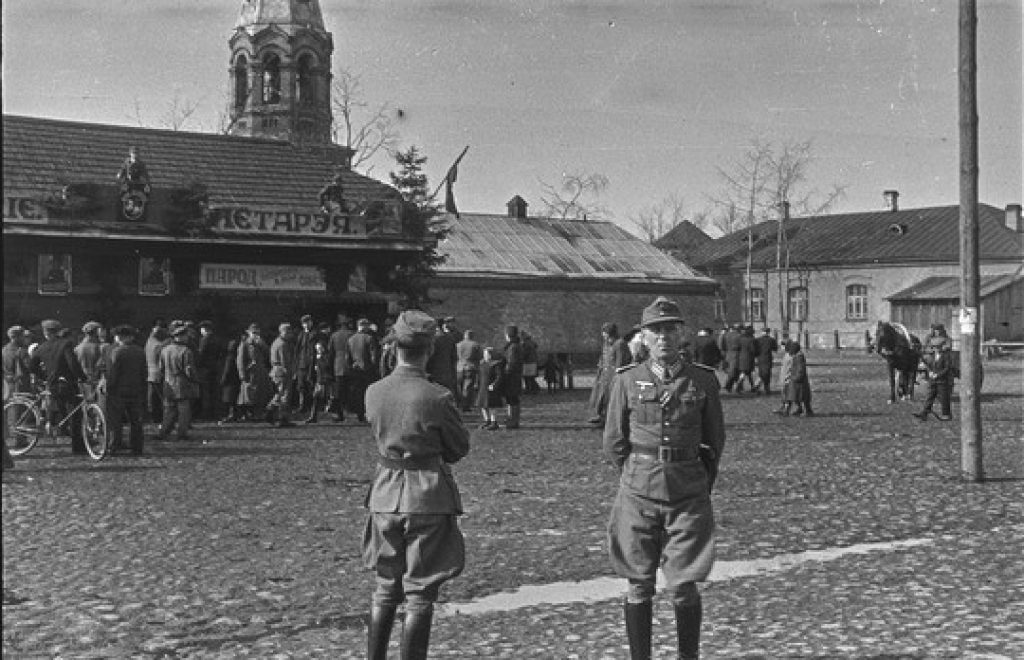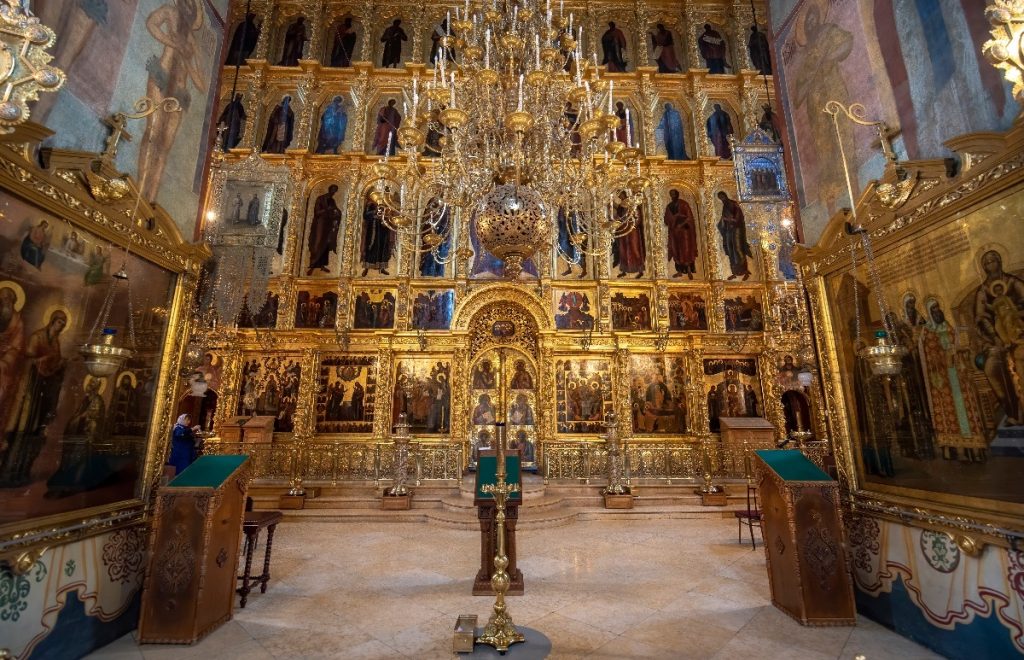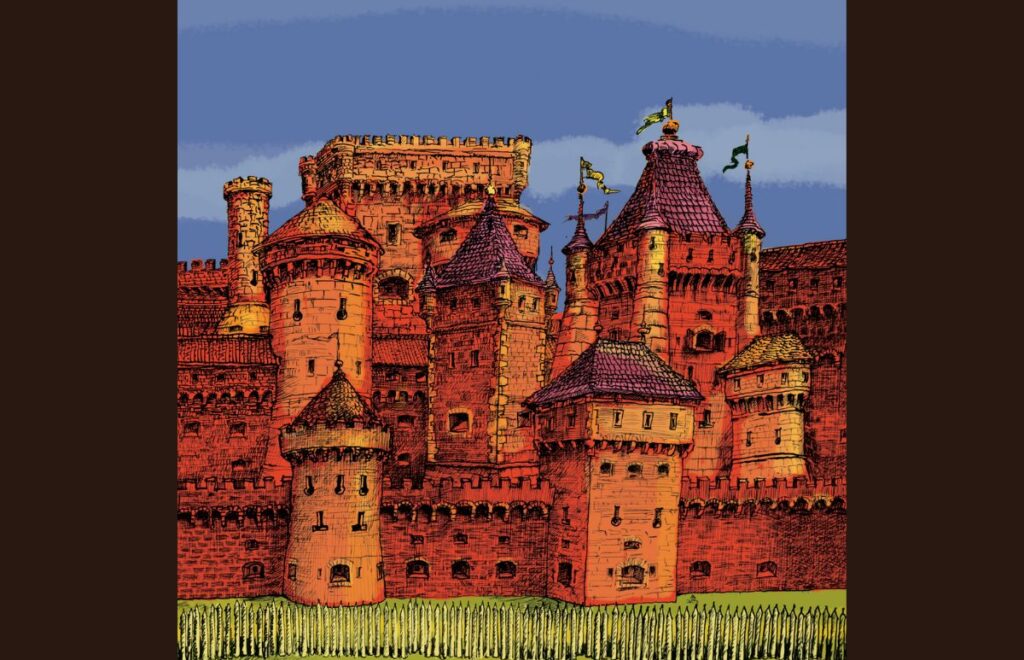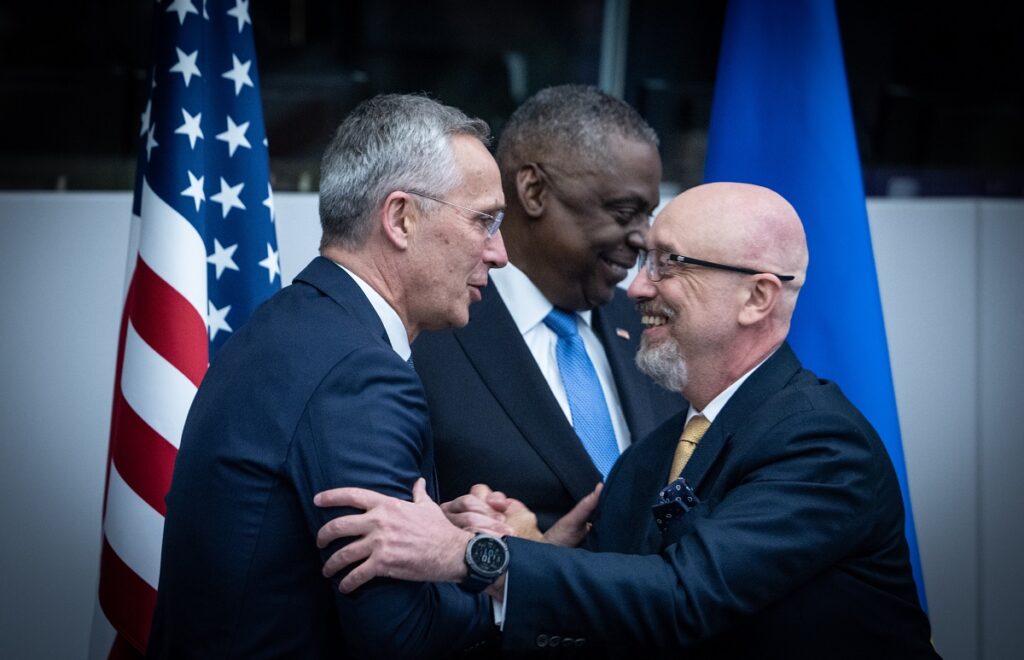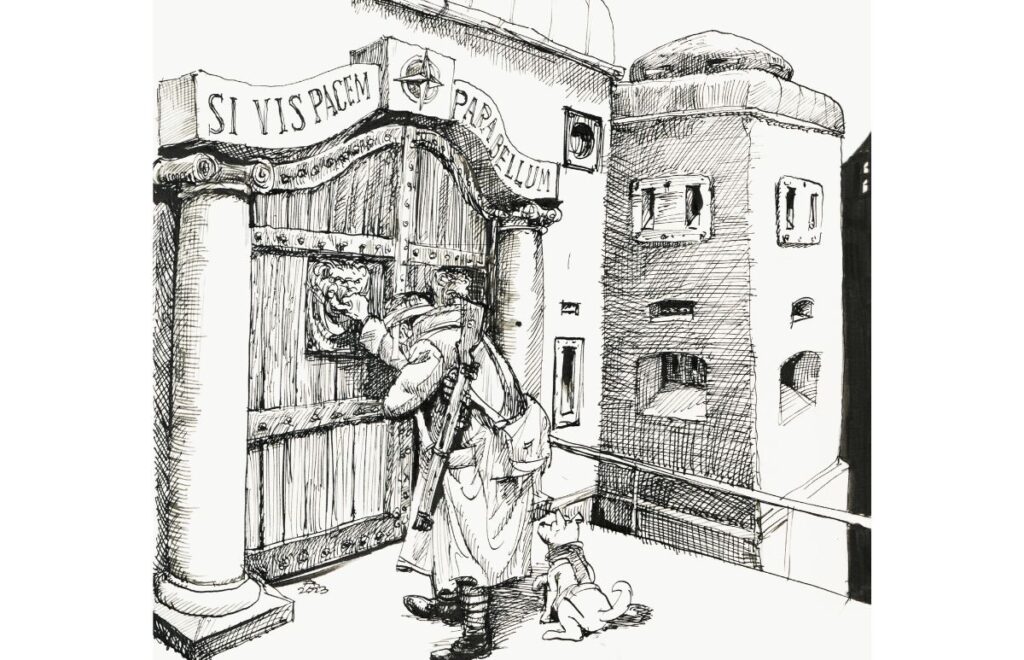A regional player?
In the Balkans July and August are always the peak tourist season, with flocks of North European vacationers coming here to enjoy the beauty of the Adriatic coast and the warm Mediterranean sun. Traditionally, their preferred destination is Croatia, with its stunning Dalmatian beaches, beautiful Istria, numerous islands and national parks. Neighbouring from the north Slovenia is less popular. It is more often used as a transit country for travellers who are en route to Croatia.
September 11, 2023 - Nikodem Szczygłowski


